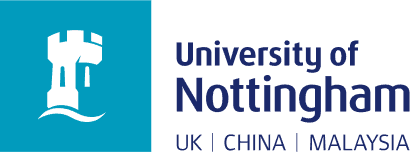Research Team
-
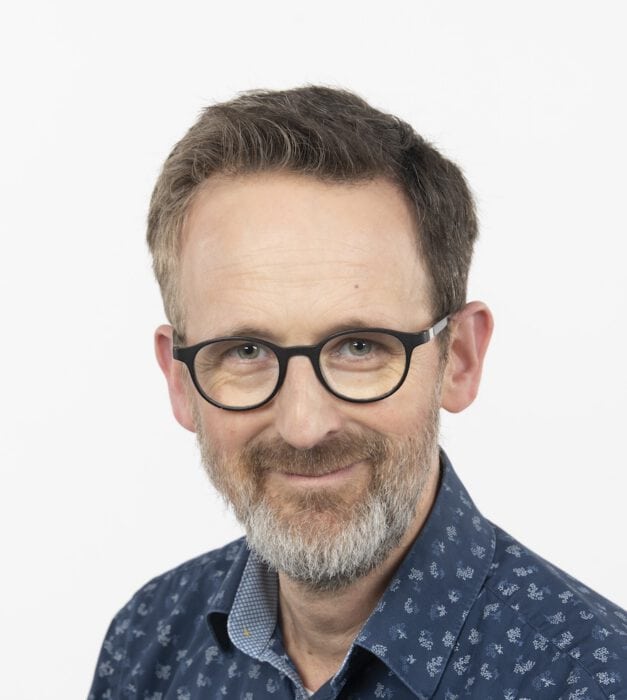
Matthew Dalby
DirectorMatt is Professor of Cell Engineering at the University of Glasgow. He is Director of the Mainstream Hub and also Director of the EPSRC programme grant “StemNiche” that looks to manufacture bioengineered Pharma-ready bone marrow models that work better than animal testing, and the EPSRC/SFI lifetime Centre for Doctoral Training in non-animal technologies. ..
He co-directs the CeMi. After staring his career with an interest in bone regeneration and how materials can control differentiation of bone stem cells, he has gone on to develop an interest in the bone marrow and how the different cell populations regulate each other in health and disease, and how to use materials to bioengineer healthy and diseased models. He has a fundamental interest in cell-materials mechanobiology. -
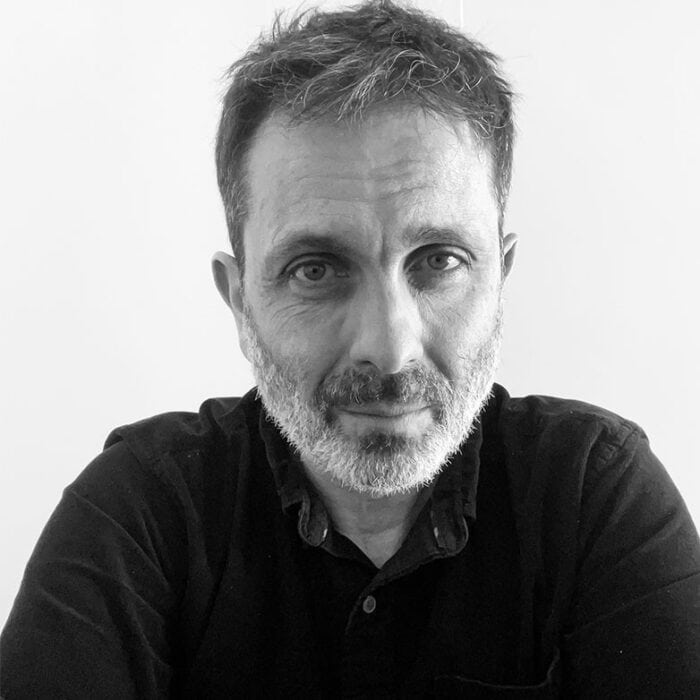
Manuel Salmeron-Sanchez
Co-DirectorManuel is Professor of Biomedical Engineering and co-Director of CeMi at the University of Glasgow. He did a PhD in Valencia and postdoctoral training in Prague and KU Leuven. ..
He was visiting professor in Georgia Tech and Kyushu University. Manue was Professor of Applied Physics in Valencia before relocating to Glasgow in 2013. He develops advanced biomaterials for cell engineering and mechanobiology. Manuel’s team engineers materials that underpin avanced in vitro models and mechanobiology. He is the PI for the EPSRC Transformative Healthcare Technologies 2050 Mechanomeds – using mechanobiology to develop predictive tools for cancer. He is deputy Director for impact for the Mainstream EPSRC Hub. -
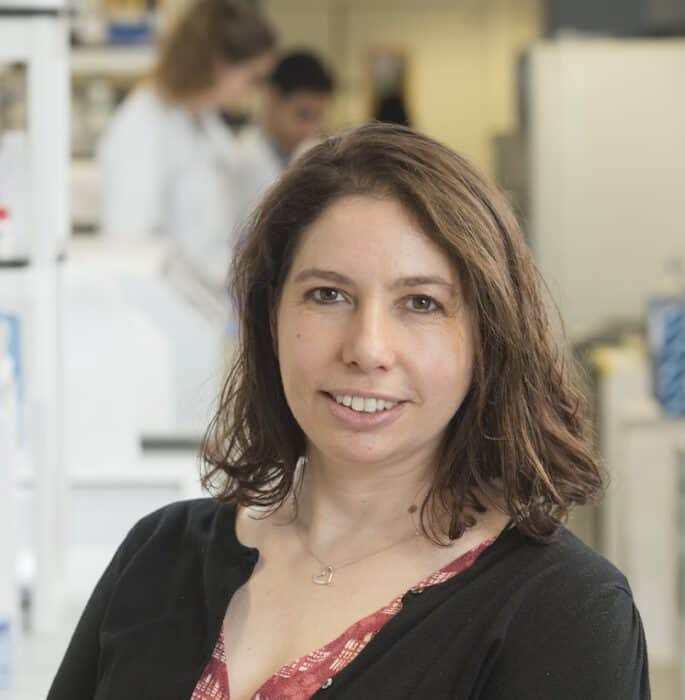
Mhairi Copland
Co-directorProfessor Mhairi Copland currently splits her time between the Paul O’Gorman Leukaemia Research Centre. She has clinical and research interests in chronic myeloid leukaemia and acute leukaemia’s. ..
She is deputy chair of the UK Blood Cancer Research Network. Specific areas of research interest are clinical trials, leukaemia stem cells, novel stem-cell directed therapies, treatment resistance and studies of the leukemic microenvironment. She is a co-director of the MAINSTREAM hub and leads on Public and Patient Involvement and Engagement (PPIE) activities and clinical translation. -
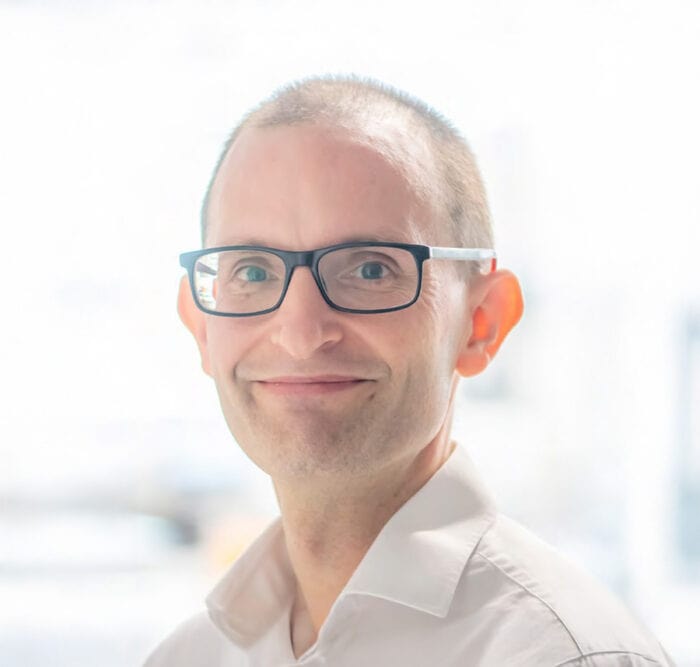
Ricky Wildman
Co-directorRicky Wildman is a Professor in Chemical Engineering at the University of Nottingham. He has a rich and diverse background in understanding flow and its physico-chemical interactions with solid mechanics. ..
Recently he has embarked on a programme to widen the portfolio of materials available for additive manufacturing. This has been stimulated by his research in additive manufacturing for healthcare, where the lack of useable materials is a real challenge to progress in this area. He is particularly enthusiastic about developing scientific methodologies in order to make sense, and ultimately control, the rich phenomena inherent in creating functionality in dimensions.He is a co-director of the MAINSTREAM hub and leads on Equality, Diversity and Inclusion.
-
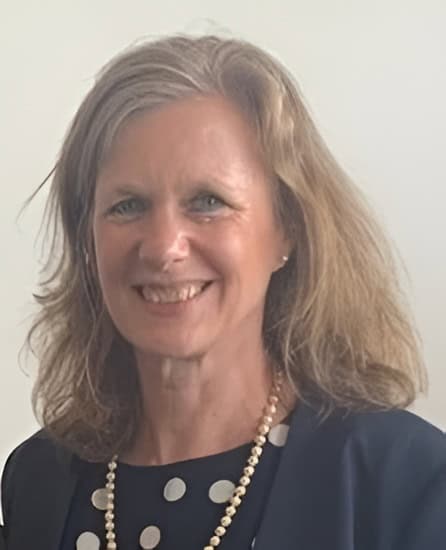
Helen Wheadon
GMP-LeadI am a stem cell biologist and translational cancer research scientist with a successfully funded portfolio of multi-disciplinary peer-reviewed research, which spans over 30 years. ..
In this time I have developed model systems to investigate the initiating steps involved in leukaemia development and how the bone marrow microenvironment confers chemo-resistance. I am involved in several multidisciplinary projects and collaborate with scientists, industry, NHS, engineers and clinicians. I play an active role in training the next generation of scientists, directing post graduate teaching and research activities. I am also passionate about science communication and the 3R’s. I will be leading on the biology aspects of MAINSTREAM focusing on the immunomodulatory role of the stem cells.
-
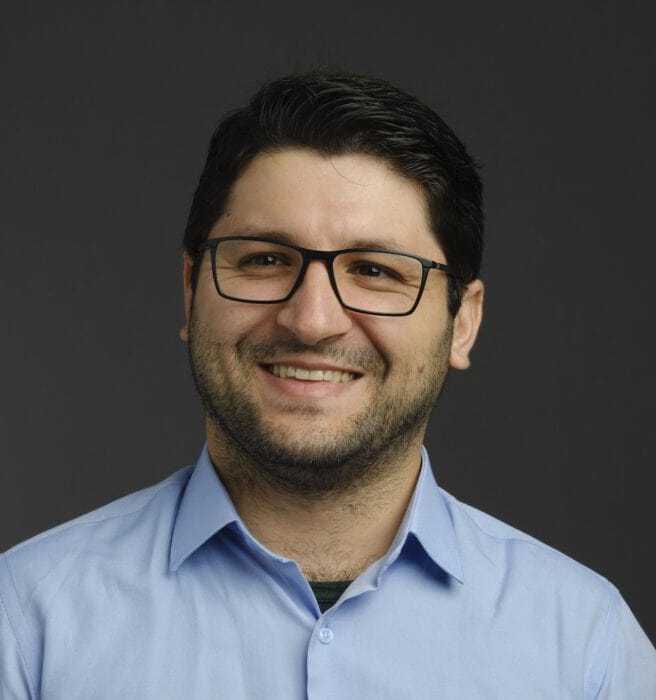
Morteza Amjadi Kolour
Dr Morteza Amjadi is a Senior lecturer Biomedical Engineering in the James Watt School of Engineering at the University of Glasgow, United Kingdom. ..
He received his Dr Sc. in Mechanical Engineering jointly from Max Planck Institute for Intelligent Systems and ETH Zurich in 2018, and his M.Sc. in Mechanical Engineering from Korea Advanced Institute of Science and Technology (KAIST) in 2014. In 2018, he has been nominated for the prestigious Otto Hahn Medal, awarded by the Max Planck Society to young scientists for their outstanding scientific achievements. Dr Amjadi’s research interest includes sensors, soft functional materials, and bioelectronics. As a co-investigator on MAINSTREAM project, his group explores various integrated sensing technologies for real-time monitoring of cell culture processes. -
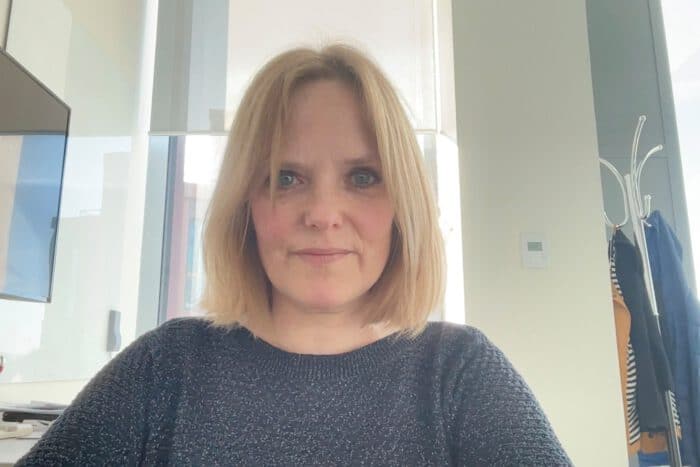
Catherine Berry
Dr. Catherine Berry is a Reader in Cell Engineering at the University of Glasgow. She earned her PhD in Tissue Engineering from Queen Mary University of London before moving to the University of Glasgow to focus on the use of magnetic and gold nanoparticles in tissue engineering applications. ..
As part of her Royal Society Dorothy Hodgkin Fellowship, she developed these nanoparticles as delivery vehicles in stem cell and cancer cell culture models. Catherine’s research spans stem cell tissue engineering using both 2D and 3D culture models (such as hydrogels). These models provide a platform to investigate processes including breast cancer cell dormancy and recurrence. Her work places particular emphasis on stem cell communication and signalling via extracellular vesicles (EVs). She studies EV cargo for key signalling molecules, such as metabolites, which may play a role in tissue repair and regeneration as well as cancer progression. On MAINSTREAM, Catherine is involved in Work Package 4A . This work employs both established and emerging approaches to expand high-quality, primitive-phenotype mesenchymal stromal cells (MSCs). In parallel with MSC culture, the cargo of MSC-derived extracellular vesicles under various conditions will be examined to identify potential mediators of MSC growth and expansion. -
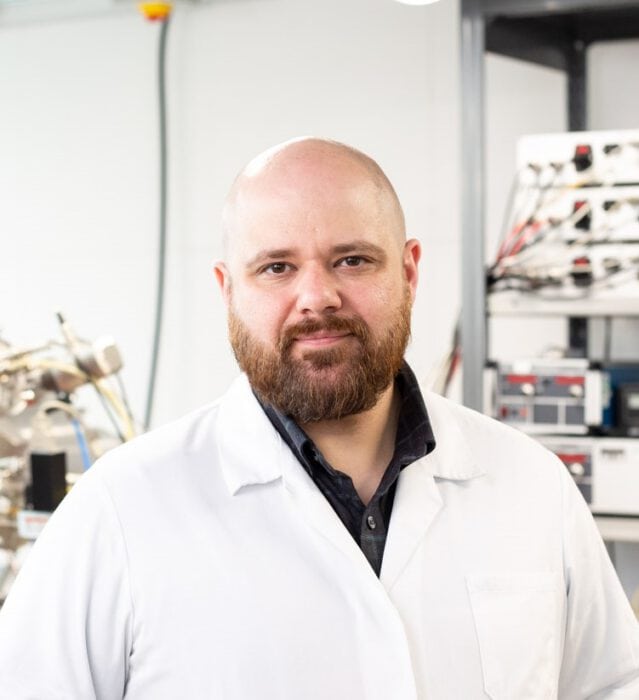
Peter Childs
Dr Childs is a Senior Lecturer in Biomedical Engineering at the University of Strathclyde, and leads the Strathclyde team within MAINSTREAM. ..
He has previously been a Royal Society of Engineering Enterprise Fellow and a Strathclyde Chancellor’s Fellow. His research focusses on mechanotransduction for therapeutic purposes, largely for bone and brain tissues. His papers focus on low-amplitude, nanovibration to control cell phenotype and include articles in Nature Biomedical Engineering (2017), ACS Nano (2020, 2024) and Science Advances (2021). In MAINSTREAM he is focussed on the use of bioreactors for scaling of cell manufacture and his team will test new materials and sensors developed by the MAINSTREAM team. -
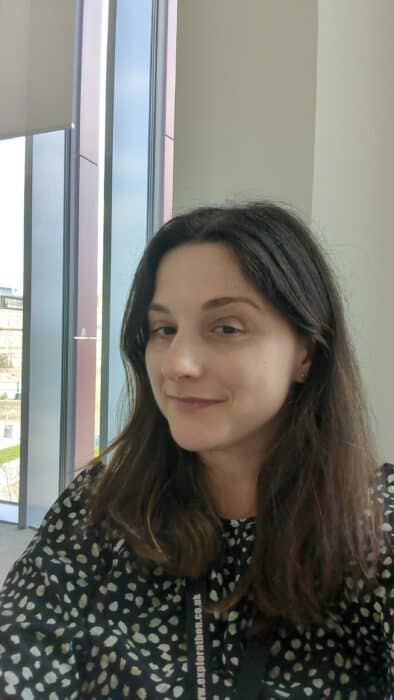
Oana Dobre
Dr. Oana Dobre is a Lecturer in Biomedical Engineering at the University of Glasgow. She holds a PhD in Mechanical Engineering (Tribology) from Imperial College London. ..
She has developed extensive expertise in mechanobiological research through her work at the University of Manchester and the Centre for the Cellular Microenvironment (CeMi) at Glasgow. Dr. Dobre’s research focuses on developing biomaterial platforms using piezoelectric constructs for regenerative medicine applications, with particular emphasis on muscle regeneration and in vitro tissue models for drug testing. Her previous work involved developing and characterising full-length protein-based hydrogels for growth factor delivery in tissue engineering, with applications in bone tissue regeneration, spinal cord injury repair, and vascularisation. Dr. Dobre contributes her unique combination of engineering expertise and deep knowledge of stem cell biology and extracellular matrix dynamics. Her experience with additive manufacturing techniques and mechanobiological approaches to cell culture will be instrumental in developing scalable manufacturing solutions that maintain MSCs stemness and functionality. -
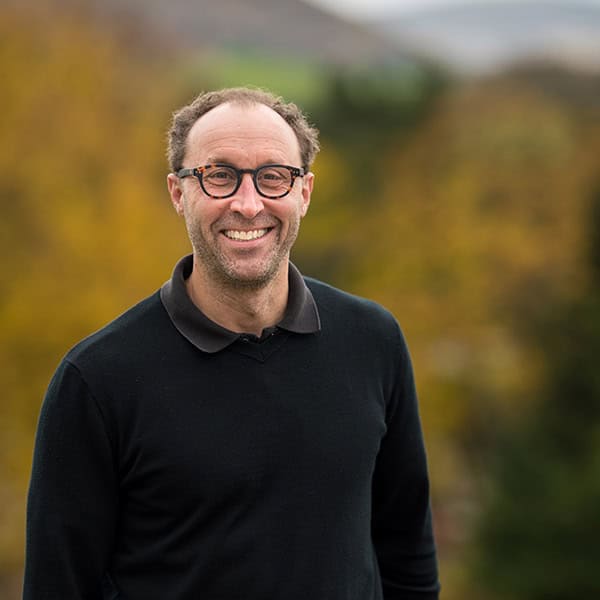
Daniele Faccio
Daniele Faccio is a Royal Academy Chair in Emerging Technologies, Fellow of the Royal Society of Edinburgh and Cavaliere dell’Ordine della Stella d’Italia (Knight of the Order of the Star of Italy). ..
He joined the University of Glasgow in 2017 as Professor in Quantum Technologies where he leads the Extreme-Light group and is Director of Research for the School of Physics and Astronomy. He is also adjunct professor at the University of Arizona, Tucson (USA) and fellow of the Optical Society of America. Previously he was at Heriot-Watt University and University of Insubria (Italy). He has been visiting scientist at MIT (USA), Marie-Curie fellow at ICFO, Barcelona (Spain) and EU-ERC fellow 2012 (StG) and 2023 (AdG). He was awarded the Philip Leverhulme Prize in Physics in 2015, the Royal Society of Edinburgh Senior Public Engagement medal and the Royal Society Wolfson Merit Award in 2017. He worked in the optical telecommunications industry for four years before obtaining his PhD in Physics in 2007 at the University of Nice-Sophia Antipolis (France). His research is funded by the UK research council EPSRC, DSTL, The Leverhulme Trust, the EU Horizon program and the Royal Academy of Engineering. He has worked on high intensity laser physics, optical analogues for black holes and gravity, optics in time-varying media and fundamentals of quantum mechanics. His research has recently pivoted towards computational imaging and sensing, quantum microscopy and the development of technology for sensing/imaging the human heart and brain.On MAINSTREAM, Daniele will be working on development of quantum sensing and imaging technology for fluorescence lifetime microscopy of viscosity and stiffness at the cellular environment, cellular and sub-cellular level.
-
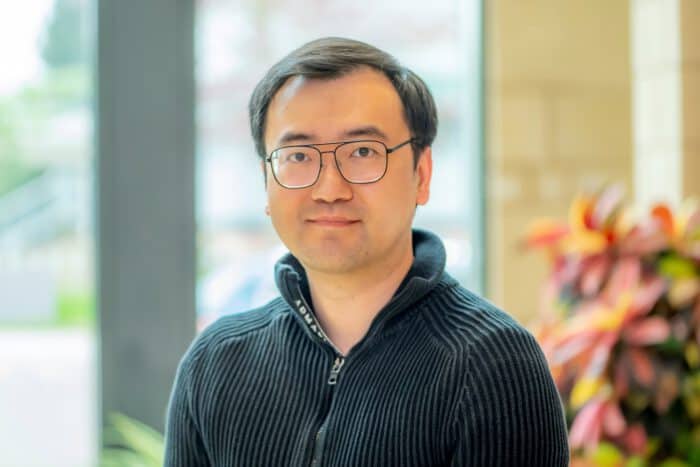
Yinfeng He
Dr. Yinfeng He is an Assistant Professor at the University of Nottingham with 14 years of experience in additive manufacturing. ..
With a background in material science, his research focuses on the development of additive manufacturable functional materials, particularly photoreactive formulations for material jetting and vat photopolymerization technologies. In the Mainstream project, he contributes to Work Package 2 (Manufacturing) as part of the Nottingham team. -
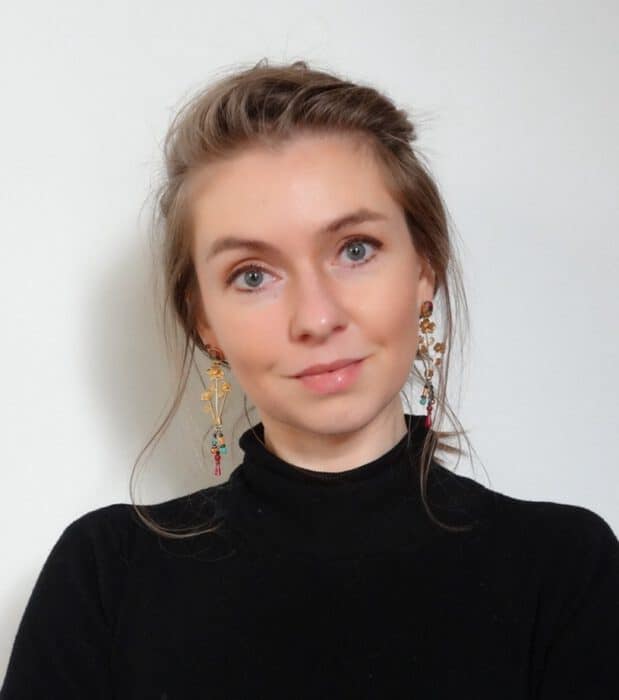
Melanie Jimenez
Dr Melanie Jimenez is a Royal Academy of Engineering Research Fellow and Senior Lecturer in biomedical engineering at the University of Strathclyde, with recognised expertise in process engineering, developing microfluidic and sensory systems for medical and environmental sciences. ..
Her work currently focuses on new fluidic-based systems for high throughput cell characterisation and sorting – with applications ranging from blood cells to stem cells.As part of MAINSTREAM, Melanie brings her expertise in real-time deformability cytometry for high-speed, label-free cell morphological and mechanical phenotyping.
-
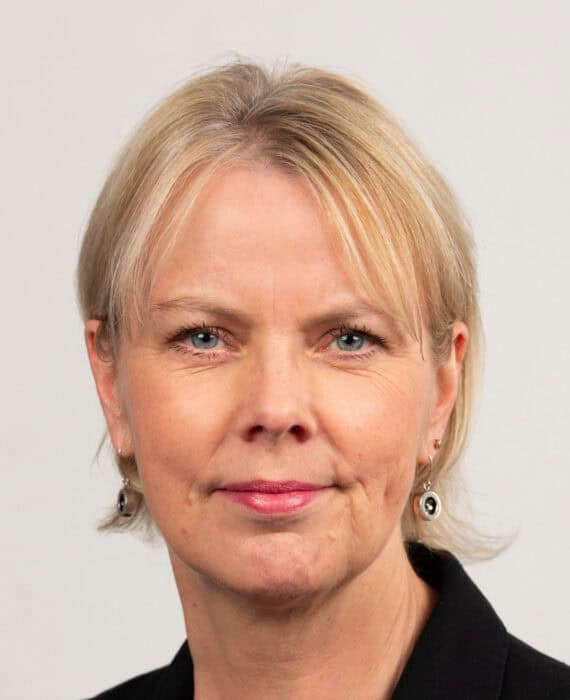
Margaret Lucas
Margaret Lucas is a mechanical engineer working in the research area of high-power ultrasonics in the James Watt School of Engineering at the University of Glasgow, where she holds the Regius Chair of Civil Engineering and Mechanics and is Professor of Ultrasonics. ..
She is currently Dean of Research for the College of Science & Engineering. Margaret is the founding Director of the Centre for Medical & Industrial Ultrasonics at the University and is President of the international Ultrasonic Industry Association. She has built a research activity in ultrasonic applications across multiple sectors, including manufacturing and space exploration technologies, with extensive industrial links. She is particularly known for her research in ultrasonic devices for surgery and therapy, making significant contributions to the characterisation and control of device dynamics, and miniaturisation for integration with surgical robots. In MAINSTREAM Margaret is focusing on understanding ultrasound interactions with cells, particulalry developing ultrasonic devices that can deliver the required precise and controlled ultrasound fields. -
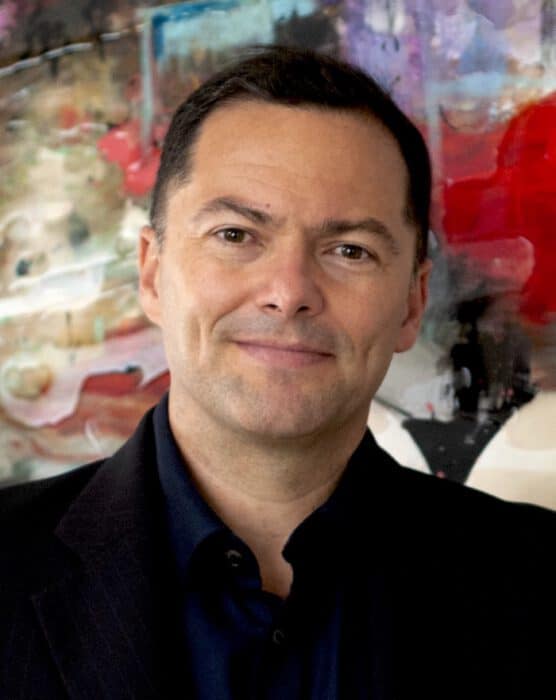
Alvaro Mata
Alvaro Mata received a BSc in Mechanical Engineering from the University of Kansas (1998), MSc in Bioengineering from the University of Strathclyde (1999), and Deng in Biomedical Engineering from Cleveland State University (2005) working with Shuvo Roy at the Cleveland Clinic. ..
He conducted postdoctoral work with Samuel Stupp at Northwestern University. Previously, he served as Head of the Nanotechnology Platform at Parc Cientific Barcelona (2008-14), Director of the Institute of Bioengineering at Queen Mary University of London (2014-17), and is currently Professor in Biomedical Engineering and Biomaterials at the University of Nottingham. Within Mainstream, his group will develop hydrogel materials to study, promote, and control MSC growth. -
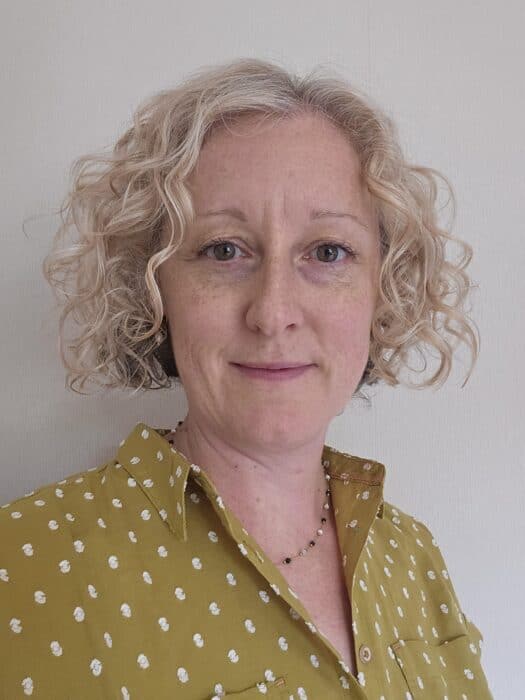
Helen Mulvana
Helen’s group works on the development and demonstration of ultrasound technologies to detect disease and deliver novel treatments non-invasively.
Her particular area of expertise is in the use of ultrasound to generate tailored pressure fields, which can be used to generate specific bioeffects for the purposes of therapy. ..
To enhance or exploit these effects, we also work with and develop novel micro and nanoscale ultrasound responsive particles. Current areas of activity include theranostics, quantitative ultrasound imaging and pulsed ultrasound for therapy.Within MAINSTREAM, Helen is involved in the Bioreactors workstream where we are developing ultrasound devices capable of managing and controlling the distribution of microcarriers in large scale suspension.
-
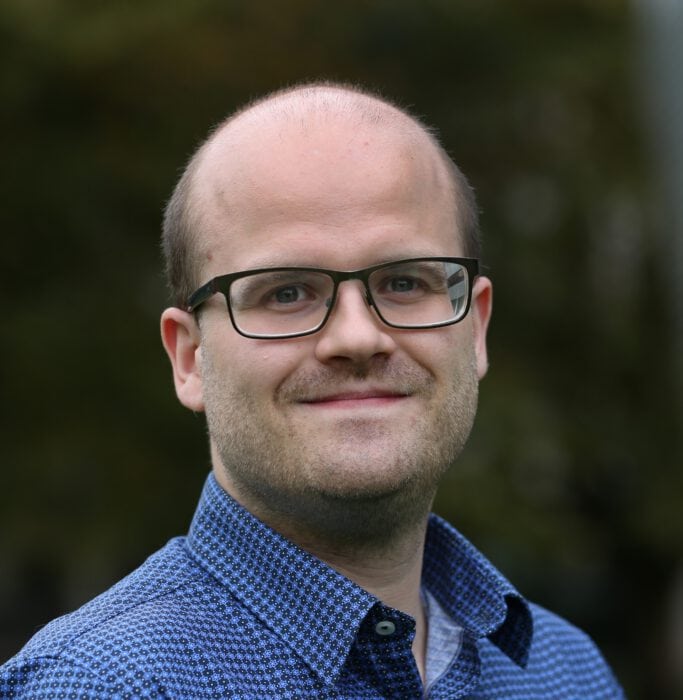
Robert Owen
Robert’s research interests lie in exploring how we can harness innate biomaterial properties, such as their shape, topography, chemistry, and mechanical properties, to achieve specific biological outcomes. ..
Having completed his PhD and Doctoral Prize Fellowship at the University of Sheffield in 2018, where he used bone tissue engineering principles in pursuit of an in vitro model of postmenopausal osteoporosis, he moved to the University of Nottingham to work within the United Kingdom Regenerative Medicine 2 (UKRMP2) platform, researching how defined cell-scale geometries within microparticles can be used to direct stem cell fate. In 2023, he was awarded a tenure-track Nottingham Research Fellowship that explores how the latest additive manufacturing technologies can be used to precisely define bioinstructive 3D geometries within clinically translatable medical devices. Within MAINSTREAM, he is part of the manufacturing team, using his previous experience in cell-instructive microparticles to aid stem cell manufacturing. -
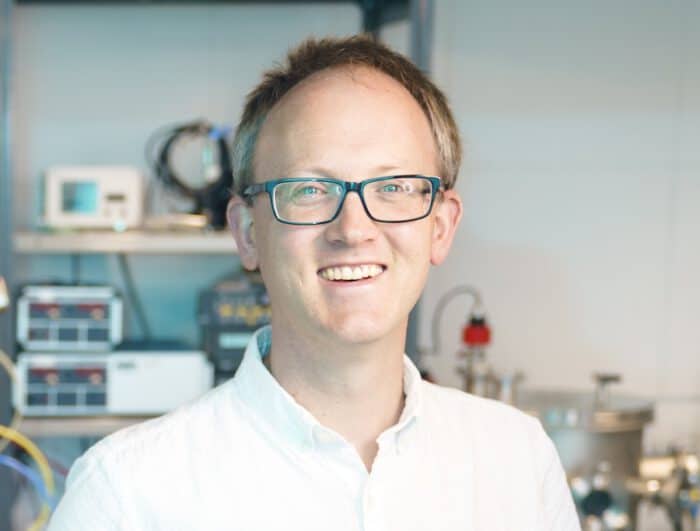
Stuart Reid
Stuart is an experimental physicist with over 20 years’ experience working across materials science, regenerative medicine, photonics, astrophysics and quantum technologies – working in the innovation space between industry, academia and the health service. ..
His discovery of using nanovibration to control stem cell behaviour (“nanokicking”) was awarded the top research awards by both the UK’s Institution of Mechanical Engineers (IMechE) and in the Herald Scotland Awards in 2017. He is one of the Co-Directors of CeMi and is the lead for Bioreactors Workpackage in the MAINSTREAM Hub. Within the Hub, Stuart will help coordinate the scale-up of the bioreactor culture (cell growth) platforms, engaging with industrial and clinical partners to ensure alignment with the needs of industry and the patient. -
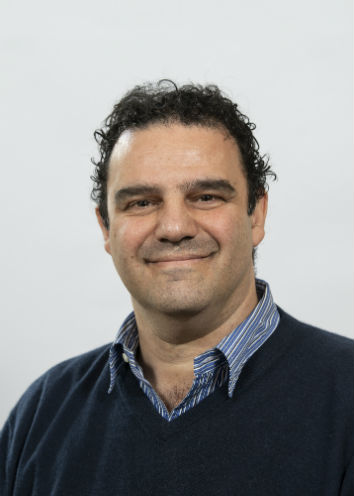
Kostas Tokatlidis
Kostas Tokatlidis is Head of the Mitochondrial Biology Laboratory, Cathcart Chair, and Director of Research at the University of Glasgow’s School of Molecular Biosciences. ..
He leads the Future theme Fundamentals of Life in the College of Medical Veterinary and Life Sciences. His research focuses on mitochondrial biogenesis, function, and their role in cell physiology and human disease. His team discovered several protein import, folding and assembly pathways in mitochondria. He has published in high-impact journals (Nature, Science, Mol Cell, PNAS) with funding from UKRI, Wellcome Trust, and EU sources. In MAINSTREAM, the Tokatlidis group will focus on mechanistic studies to elucidate the links between mitochondrial function and dynamics and stem cell fate. -
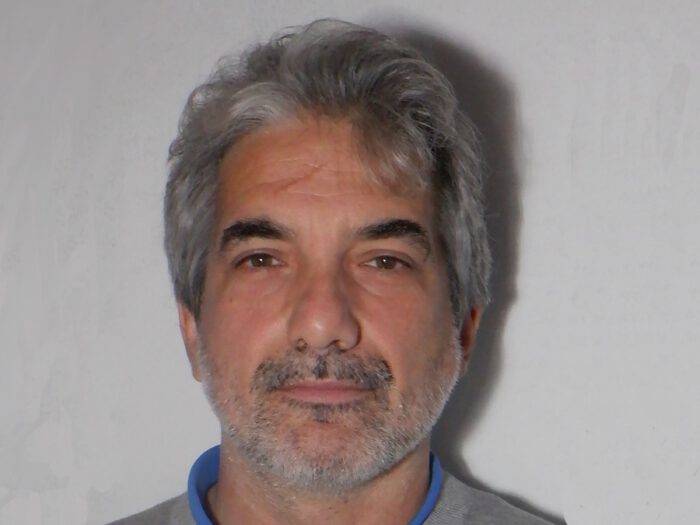
Massimo Vassalli
Massimo is Professor of Bioengineering at the University of Glasgow, where he serves as Director of Impact at the James Watt School of Engineering. ..
He leads the Mechanosensing and Cellular Biomechanics group within the Centre for the Cellular Microenvironment (CeMi), based at the Mazumdar-Shaw Advanced Research Centre. With a background in physics and a PhD in nonlinear dynamics, he is internationally recognised for developing biophysical tools to study nanoscale mechanics and their role in cell physiology. He has held fellowships in Australia and Switzerland and has been invited as a visiting scientist across Europe. His work combines mechanobiology and nanoengineering, with a strong translational focus supported by collaborations with industry. He is particularly interested in how cells sense and respond to mechanical cues across scales—from molecules to tissues—and how this governs processes such as ageing and cancer.On MAINSTREAM, Massimo is leading on WP3 (Mechanosensing), to investigate and understand subcellular biomechanics. He has been studying cellular and subcellular mechanics using atomic force microscopy, optical tweezers, microfluidic methods and more recently he has pioneered on the use of Brillouin microscopy for addressing 3D mechanics in biological system with subcellular resolution.
-
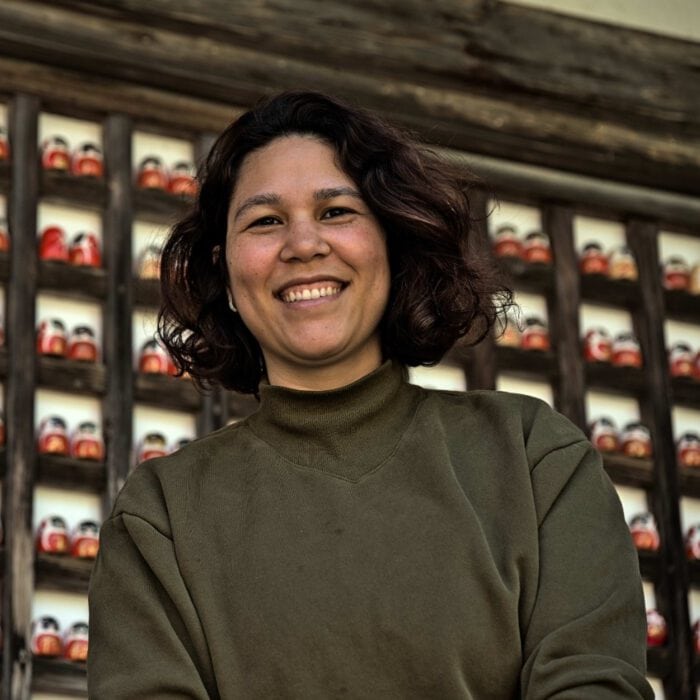
Gabriela Laranjeira Abe
Dr Abe is a Postdoctoral Research Associate at the Centre for the Cellular Microenvironment and works within the MAINSTREAM project. ..
She has extensive experience with mesenchymal stem cells and regenerative biomaterials research. Her previous work has leveraged polymeric scaffolds and bioactive glasses to alter the regenerative microenvironment in favour of functional bone regeneration. In MAINSTREAM, she focuses on characterising exometabolome biomarkers that distinguish young and senescent mesenchymal stem cells. -
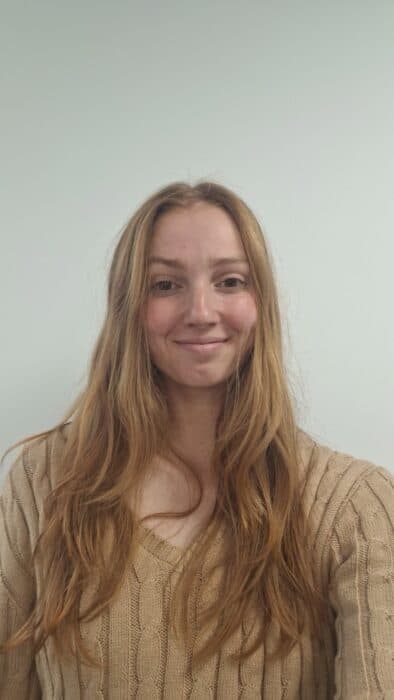
Charlotte Adams
Charlotte graduated from the University of Strathclyde with an integrated Master’s in Biomedical Engineering. She is now continuing with the department of Biomedical Engineering at Strathclyde as a PhD student under Peter Childs, Stuart Reid, and Melanie Jimenez. ..
Her research will focus on applying some of the bioreactor and material systems from MAINSTREAM towards the challenges of cultured meat production. She will examine phenotypic and proliferative changes of relevant cells under low-amplitude nanovibrational stimulation. Aligning with MAINSTREAM, a key aspect will be the implementation of bioreactors to increase cell yield.
-
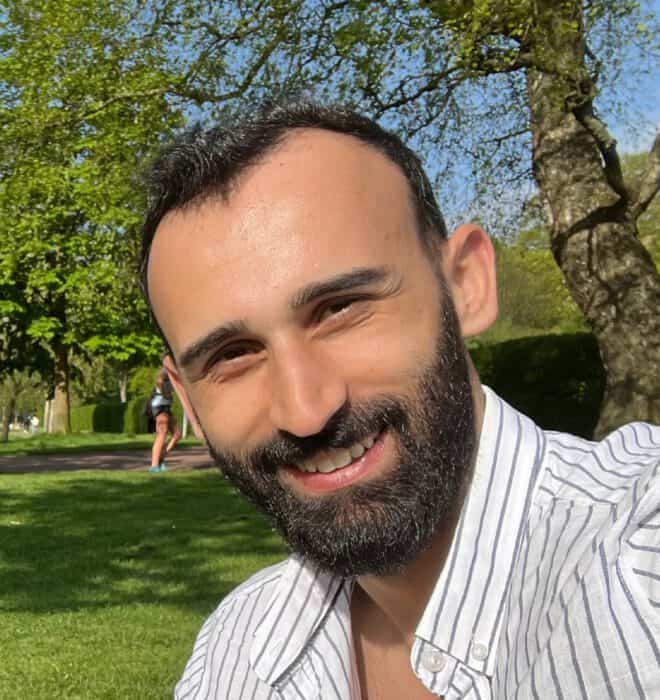
Yusuf Ayten
Yusuf holds a BSc in Biology from Hacettepe University. He was awarded a prestigious scholarship from the Turkish Ministry of National Education (YLSY). ..
He began his PhD in 2022 under the supervision of Professor Matthew Dalby in the Centre for Cellular Microenvironment at the University of Glasgow. His research focuses on investigating bioengineered surfaces that aim to mitigate the adverse effects of in vitro culture on mesenchymal stromal cells (MSCs), thereby supporting their long-term function and preserving their therapeutic potential. Through his doctoral research, he contributes to the MAINSTREAM project as a PhD researcher. -
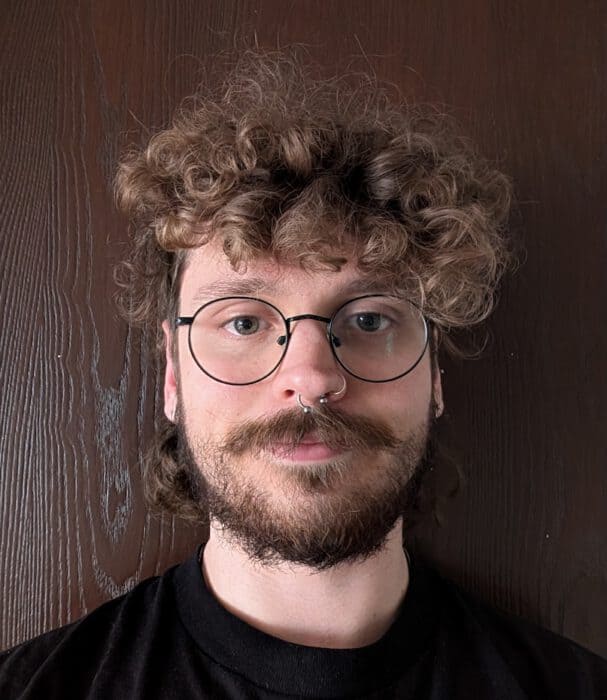
Richard Crow
Richard graduated from the University of Birmingham with a Bachelor in Chemistry where he moved to Scotland to obtain a masters in Chemistry from the University of Strathclyde. ..
He has also worked in clinical and manufacturing roles performing immunoassays and developing the processes for antibody-drug conjugates. Under his supervisors Melanie Jimenez and Peter Childs, his research will be focused around the 3D dynamic culture of neuronal stem cells for the isolation of extracellular vesicles (EVs). The isolation of EVs will allow for a less invasive method to analyse the stem cell differentiation into neurons and potentially lead to an increased output of EVs for therapeutic use. Through his doctoral research, he contributes to the MAINSTREAM project as a PhD researcher. -
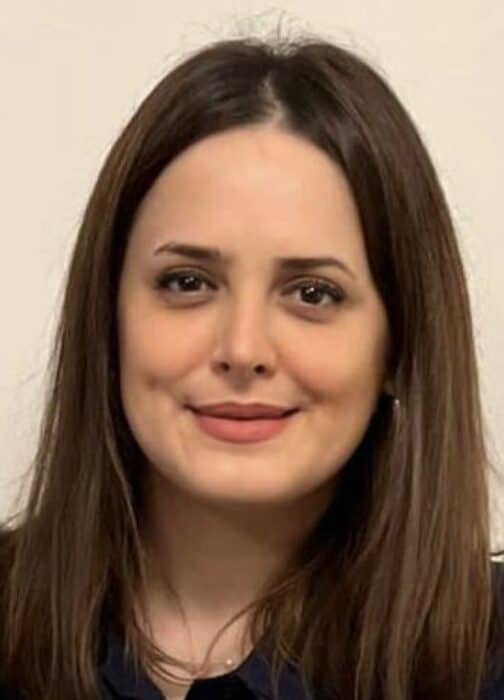
Niloofar Haghighian
Niloofar Haghighian, a Research Associate at the University of Glasgow, completed her PhD in Materials Science and Nanotechnology at the University of Genova (Italy), where she focused on graphene-based nanomaterials and their functional properties. ..
Building on this expertise, she spent over six years as a Research Associate at Durham University, specialising in the development of advanced biosensors for healthcare, environmental monitoring and industrial applications. My research focuses on creating innovative sensing platforms for monitoring cell growth, detecting bacterial biofilms, and translating biosensor technologies into commercial use. Within MAINSTREAM, she is working on WP1b to develop and integrate soft bioelectronic biosensors—including impedance and pH sensors—into viscoelastic hydrogel substrates for mesenchymal stem cell culture. My focus is on creating non-invasive, real-time monitoring systems to track MSC proliferation, differentiation and health in scalable bioreactors. -
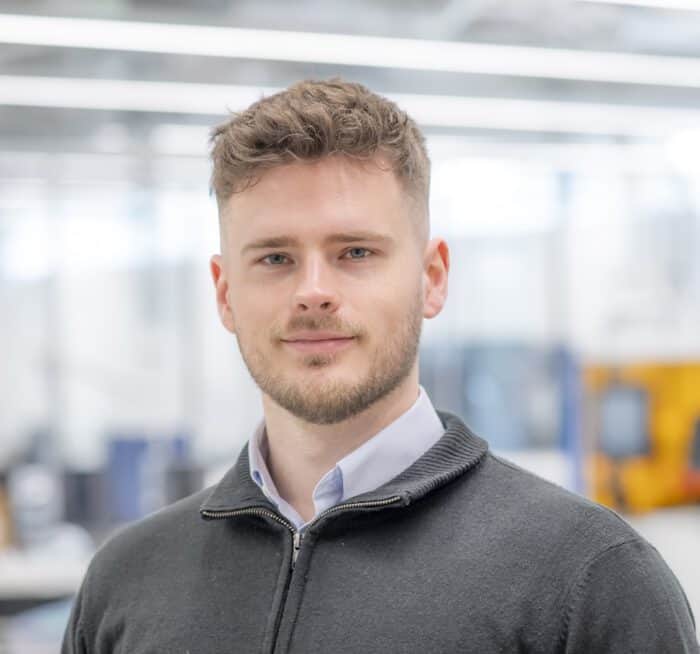
Jordan Hill
Jordan is a post-doctoral researcher in the Centre for Additive Manufacturing (CfAM) at the University of Nottingham. He completed his PhD in Chemical Engineering in 2025, working on the 3D printing of supramolecular hydrogels for tissue engineering. ..
He has expertise and experience in additive manufacturing, ink formulation, tissue culture, and materials characterisation.
In MAINSTREAM, Jordan will work on the additive manufacturing of microparticles to act as microcarriers for cells in bioreactors, working closely with the team to optimise shape, form, and function of these carriers. He will employ his expertise in additive manufacturing to develop high-throughput methods of microparticle printing and characterisation.” -
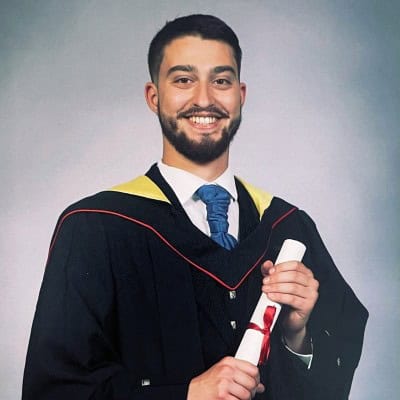
Paris Kalli
Paris Alexandros Kalli is a PhD student working in the lab of Prof. Matt Dalby at the university of Glasgow and is a part of the Centre for the Cellular Microenvironment (CeMi). ..
He holds a BSc in Genetics from the university of Glasgow and an MSc in Industrial Biotechnology from the university of Strathclyde. The work Paris undertakes focuses on the use of biomaterials and extracellular matrix proteins to improve cellular homeostasis, proliferation and stemness of mesenchymal stromal cells (MSCs). -
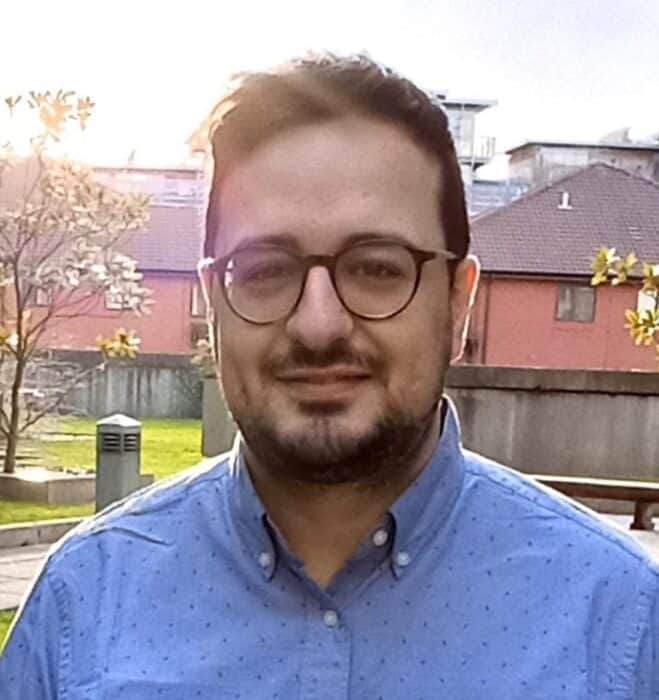
Cosimo Ligorio
Cosimo Ligorio is a Research Fellow at the University of Nottingham. He earned a BEng in Biomedical Engineering from the University of Pisa (2015), an MSc in Biomaterials (2016), and a PhD in Regenerative Medicine from The University of Manchester (2021). ..
His research focuses on bioactive peptides and hydrogel nanocomposites for regenerative medicine. -
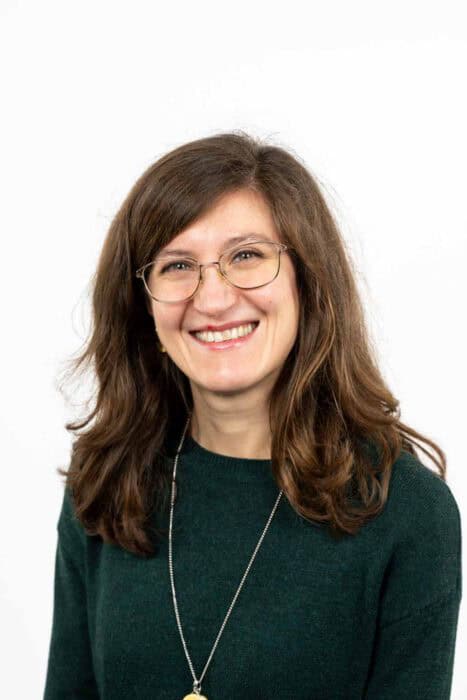
Daniela Vitali
Daniela Vitali obtained her BSc in Biological Sciences (2010) and her MSc in Molecular Biology (2013) at the University of Milan (Italy). ..
Her MSc research training focused on the role of mitochondrial dynamics and activity in a neurodegenerative disease. She obtained a PhD in Biochemistry at the University of Tübingen (Germany) (2018) working in the group of Prof. Doron Rapaport on the regulation of membrane protein cell sorting within different organelles and mitochondria outer membrane protein import. She then conducted a postdoctoral work in the laboratory of Prof. Pedro Carvalho (University of Oxford, UK) dissecting the molecular mechanisms mediating the productive degradation of folded membrane proteins in the context of endoplasmic reticulum-associated protein degradation (ERAD). In September 2024 she joined the group of Prof. Kostas Tokatlidis (University of Glasgow, UK) to study the targeting of proteins to the mitochondrial intermembrane space and the regulation of mitochondrial redox balance. As part of the MIANSTREAM project she will explore the role of mitochondrial metabolism in regulating mesenchymal stem cells (MSCs) stemness and fate, and the effect of mechanotransduction signalling on mitochondria activity. -
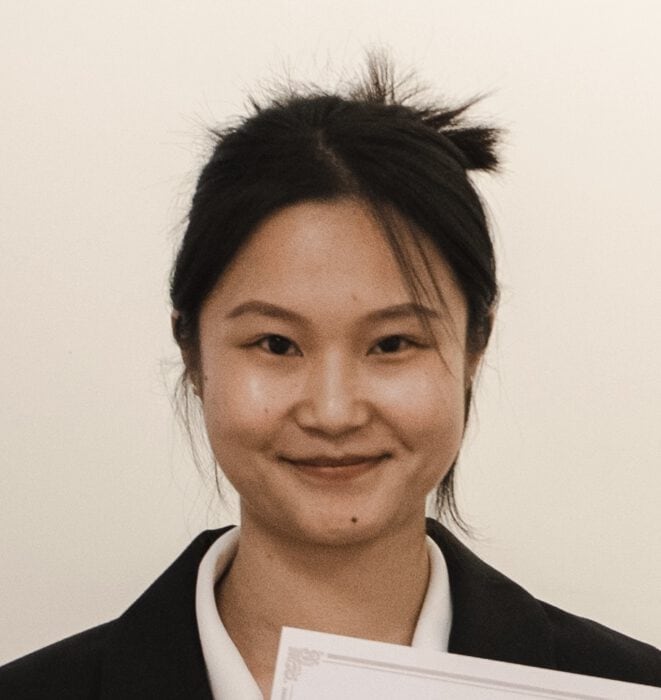
Yaxin Wang
I completed my PhD at the University of Manchester, focusing on biomaterials, tissue engineering and 3D bioprinting. Currently, I am a Post-doctoral Researcher at the Centre for the Cellular Microenvironment (CeMi), University of Glasgow to contribute to the MAINSTREAM project. ..
I work with Prof Manuel Salmeron-Sanchez to develop viscoelastic hydrogels to control stem cell behaviours. The viscoelasticity of the developed hydrogels mimics the stem cell niche to expand stem cells with maintained phenotype. -
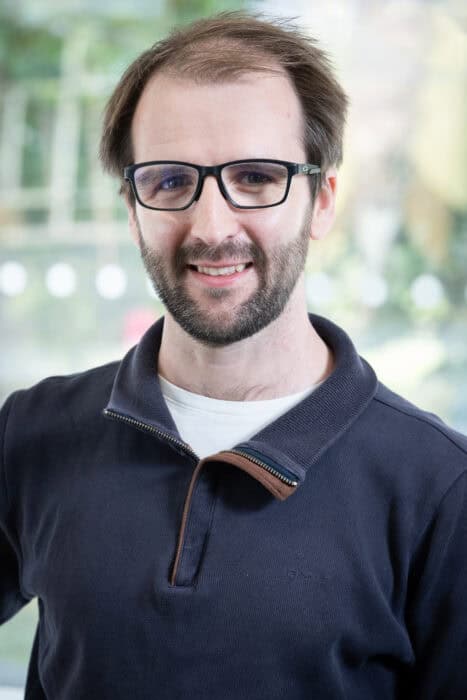
Jonathan Williams
Jonathan is a Research Fellow in the Department of Biomedical Engineering at the University of Strathclyde. He received his EngD in Medical Devices at the University of Strathclyde in 2019. ..
His research focuses on stem cell manufacturing, computed tomography imaging, mechanisms of bone loss, and the development of biophysical stimuli to improve musculoskeletal health. Trained as a physicist, his research spans in vitro, in vivo, ex vivo and computational approaches. He has contributed to UKRI, EU H2020, and charitable research programmes in osteoporosis, stem cell manufacturing, bone regeneration, and mechanomedicine, and collaborates widely across orthopaedics, tissue engineering, and bioengineering.
Within MAINSTREAM, Jonathan contributes to the bioreactors work package, focusing on upscaling stem cell manufacturing using the microcarriers developed within the Hub and optimising their integration into bioreactor systems.
-
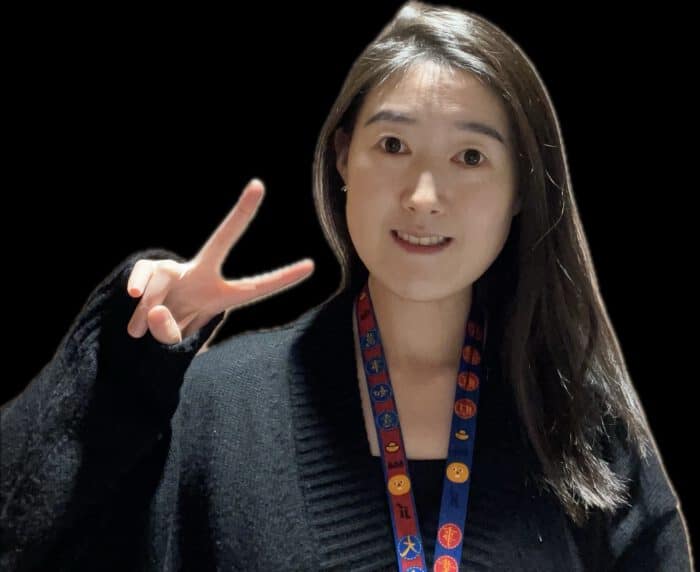
Jingwen Yu
Jingwen is a postdoctoral researcher with previous experience in photoinitiated hydrogels, chronic wound healing, and managing mammalian and bacterial environments by regulating intracellular ROS levels and cellular redox balance. ..
In the Mainstream project, she will be working on Work Package 4b under the supervision of Prof. Matt J. Dalby. Her research focuses on investigating how engineered hydrogel surfaces (developed in Work Package 1a) modulate mesenchymal stem cell (MSC) fate and immunomodulatory capacity through cellular redox regulation and specific signaling pathways across multiple organelles.
Mainstream is a collaboration between three world-class academic institutions and the UK National Health Service.



